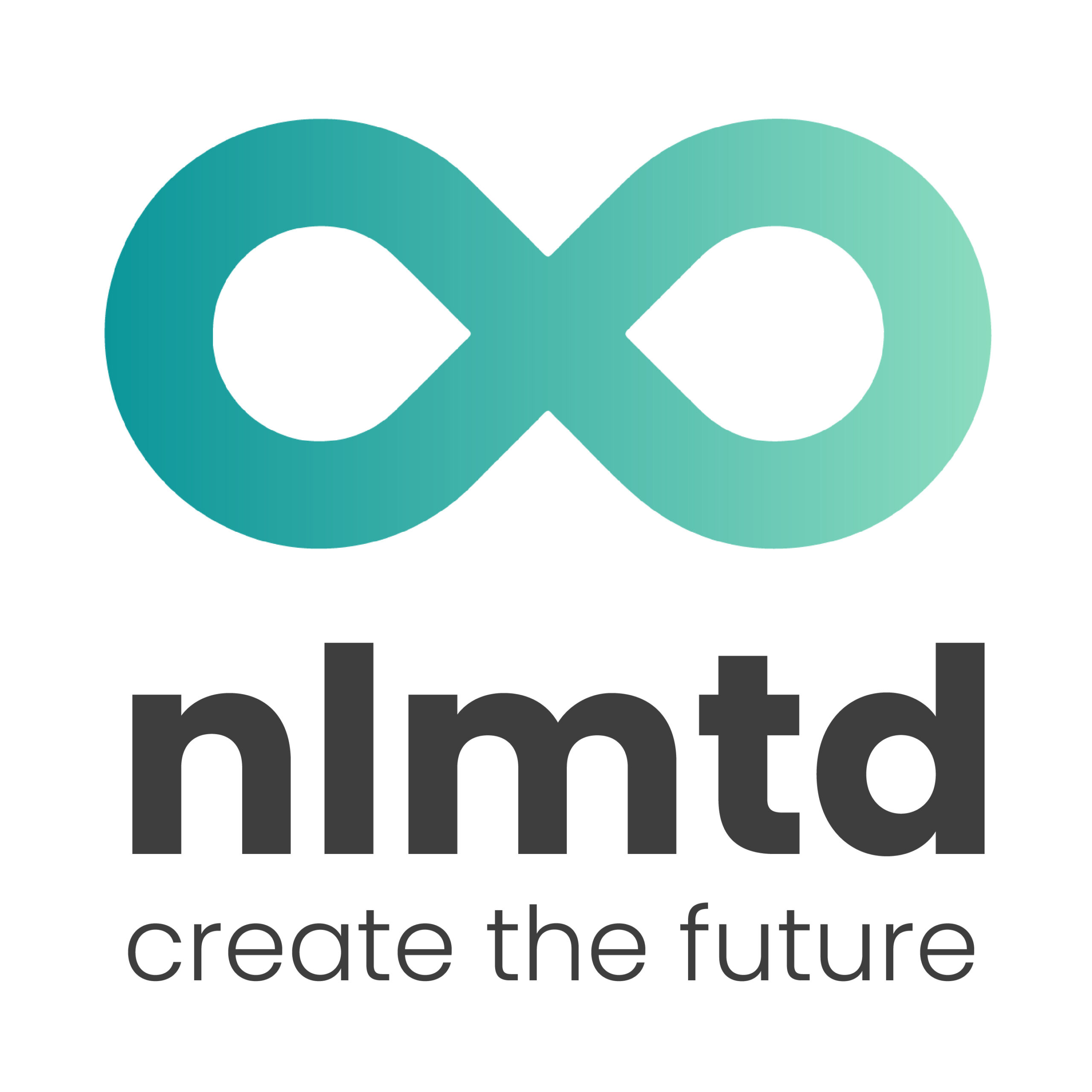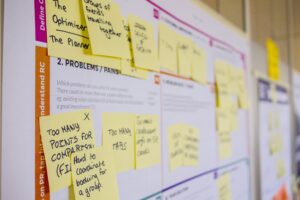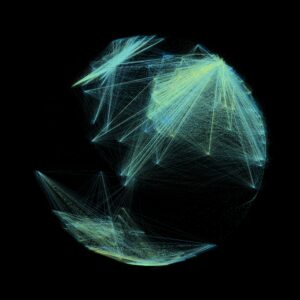
Pieter Paul van Oerle
Co-founder nlmtd
Pieter Paul van Oerle is the founder of nlmtd and an expert in ecosystemic innovation. With his background in business economics and over twenty years of experience, he helps organizations become future-proof by developing innovation programs within the (tech) ecosystem. Pieter Paul focuses on value creation that contributes to the customer, society, and the planet.
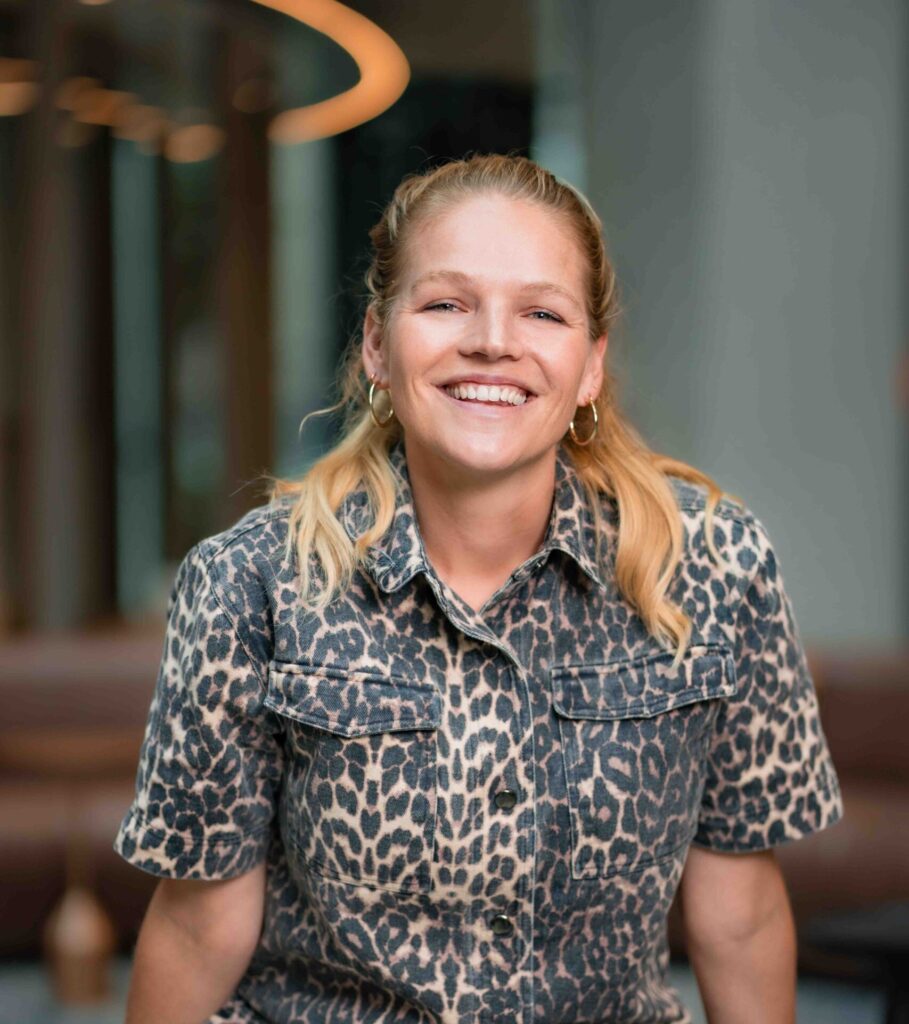
Romy van Kessel
Consultant nlmtd
Romy is an energetic and creative consultant with a passion for innovation and social impact. She has gained experience in sectors such as FMCG, media, and aviation, where she guided teams in implementing innovative programs and advising on new products and services. Romy is known for her ability to bring plans to life, always with an eye for the people she works with and for.
Share this article
Last week at TNW Conference, nlmtd founder Pieter Paul van Oerle moderated a panel discussion that stressed an important insight: the energy transition won’t be solved by digital solutions only — we need deep tech hardware start-ups to bring a suite of solutions to the market to solve diverse challenges in energy production, distribution, storage and management.
We need to completely transform how we think about energy systems. Our panel of energy transition leaders made one thing clear: success requires working together, not just innovating alone. The scale is unprecedented. As one speaker put it: “We are undergoing a full systemic transition. We are in a process where we will use one million times less fossil fuels than we do today.”
The Dual Challenge: decarbonize AND develop everything
Michiel Scheffer, President of the European Innovation Council, put it simply: “We have to decarbonize ánd develop new markets and solutions. We have to do both.” The energy transition isn’t just a technical problem—it’s about changing existing systems while building completely new ones at the same time. This creates challenges that our current innovation systems weren’t designed to handle. As Michiel knows from supporting innovation programs across European industries, the scale requires coordination that goes far beyond individual breakthroughs.
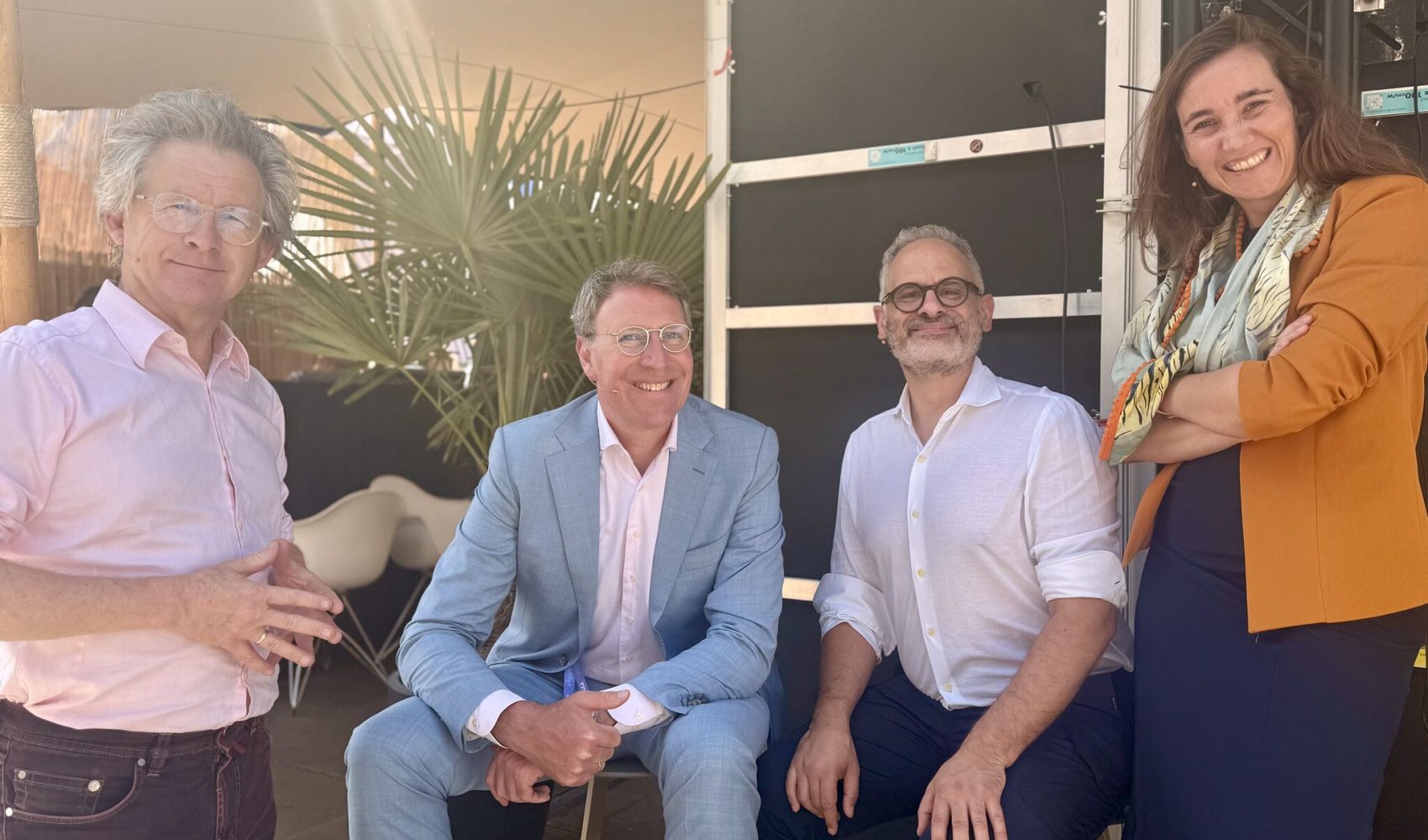
From left to right: Michiel Scheffer, President of the European Innovation Council. Pieter Paul van Oerle, Co-founder nlmtd. Arash Aazami, founder of Synergy. Kiki Lauwers, CEO of Thorizon.
The solutions are already here
Here’s the encouraging news: we don’t have to wait for future technologies. Arash Aazami, founder of Synergy and the advocate of the Internet of Energy was optimistic: “For the first time in history, thanks to science and digital technologies, we possess the ability to get to a fully diversified, peer-to-peer, distributed energy system.” His example was simple but powerful: “A gas-powered car is worthless 95% of the time. An electric vehicle can have value 100% of the time — even when it’s idle, as the battery can be a node that can help balance the energy system.” But as Arash emphasized, “We need to rewire our thinking — not just the grid.”
Another key insight? Limiting beliefs are the biggest obstacle. The solutions are already around us—we just need to connect them smartly and drop the old assumptions holding us back.
Stop Reinventing the Wheel: We Need Hardware
"We need to share learning from hardware scaling in the US. What can we learn from them to speed up progress here? Even in our company we sometimes reinvent the wheel. How can we unlock more investments in hardware?"
Kiki Lauwers, CEO of Thorizon
But here’s where things get real. The investment gap is huge: “10% of U.S. pension money goes into deep tech. In Europe, it’s 0.02%. That needs to change.”
Kiki Lauwers, CEO van Thorizon, a deep-tech scale-up developing molten salt reactor technology, was clear: “We need to share learning from hardware scaling in the US. What can we learn from them to speed up progress here? Even in our company we sometimes reinvent the wheel. How can we unlock more investments in hardware?”
She pointed out that AI is not going to solve the energy transition. That’s where we need new thoughts, new ideas, and new solutions. And unlike traditional tech, “We’re not trying to build one unicorn for energy — we’re building a multitude of organizations, interconnected by the same vision.”
The energy transition isn’t a competition—it’s a coordination challenge.
As Arash put it: “Let’s rewrite the game theory. We know we can create well-being through sharing, not by playing a zero-sum game.”
The other panelists agreed: we have the entrepreneurship, we have the urgency, and we have sources of capital. What we’re missing is the infrastructure to connect brilliant individual solutions into collective breakthroughs.
To the tech community: how can you help?
Kiki has a clear message for the tech community: after your successful software startup, come join the hardware movement! We need this. Because as the panel made clear, “Energy is super strategic. It’s about sovereignty, not just sustainability.”
At nlmtd, we see this as more than just a business opportunity. It is an imperative for our collective future. The question isn’t whether we can develop the deep tech solutions we need, but whether we can develop them fast enough, and deploy them collaboratively enough, to meet the scale of the challenge ahead. Pieter Paul referenced the work we do at Schiphol to help create the vision, the strategy and the roadmap for a fossil-free operation across the airport, as well as identifying, selecting and validating tech solutions that solve the key challenges. If they achieve a fossil-free ground operation by 2030 – they can serve as a shining and inspiring example to other Airports around the world, as well as smaller cities around the world.
So tech community: are we ready to answer the call?
